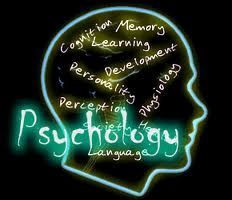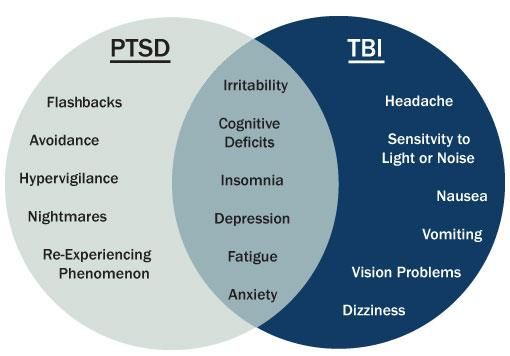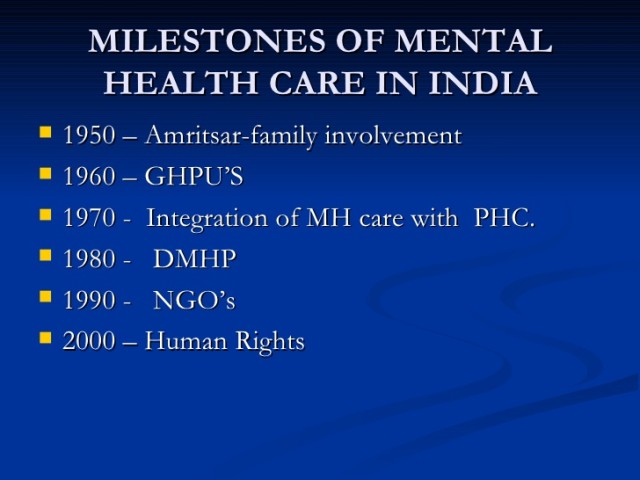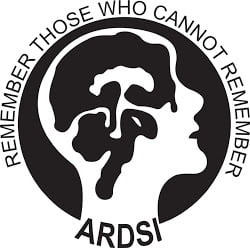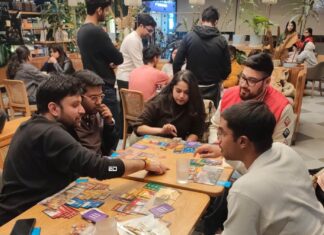“Arya, a student in a private school in Delhi, belonged to a well-educated family. Arya always had difficulty studying. She spent hours with her books to no avail; always among the lowest scorers in her class. Her parents expected more. Then came the board exams, and the pressure mounted. She appeared, she wrote.
The results took a little more than 2 months to be declared. She flunked.
She looked outside her penthouse flat’s window. She jumped.”
Arya was not a ‘stupid’ kid. The society, though, didn’t let her believe otherwise. What Arya suffered from was a lack of Seratonin, which caused anxiety and lack of retention of whatever she studied. If only her parents had known, they could have done something about it.
Like many Indians, Arya suffered from an undiagnosed mental illness which took her life. WHO believes that 1 in every 5 Indians will suffer from a mental illness by 2020. But such is the status given to mental illnesses in our society that people are either too ignorant or too afraid of the word ‘psychiatrist’.
“Arre woh dekho, pagal ja raha hai!”
(Oh, look at the retard walking by!)
“Maine suna Sharma Ji ki larhki pagal hai. Kya ye sach hai?”
(I’ve heard that Mr. Sharma’s daughter is retarded. Is it true?)
“Pagal” is the word attributed to anyone with a history of mental illness. Inside closed doors, while chatting with one’s friends the term might be used without any regard for their feelings. But when a stranger hears you call them an idiot or a retard, it carries real weight. This weight is something countless Indians carry with them, too scared to seek help; not wanting to be labeled.
While suicide rates in countries around the world have started to drop, those in India have seen a rise from 7.9 to 10.3 suicides per 100,000 people. One of the saddest truths about this country is that there are more Indian psychiatrists practicing outside of India, than in India itself. Each year only 1,022 college seats for mental health professionals are set aside in India. For a country of 1 billion that is an astronomically small number. About 1% of India’s health budget is spent on treating mental diseases, compared to 10 – 12% in other countries.
To put things into perspective, more Indians care about football than mental illnesses. And we all know how many Indians care about football.
However, not all is lost. Thankfully, awareness about mental health is on the rise in India. There are new organizations coming up all the time. The Alzheimer and Related Disorders Society of India (ARDSI), which was started in Cochin, and has now spread to more than a dozen centers in India. Similarly, the Richmond Fellowship Society has three centers. The Schizophrenia Research Foundation (SCARF) in Chennai, Manas in West Bengal, the Medico-Pastoral Association (MPA) in Bangalore, and Shristi in Madurai are few more NGOs which are working towards the betterment of the mental health scenario in India.
Psychology, as a subject, is gaining popularity at the +2 level and more people want to pursue an education in the psychiatric field. With the right budgeting, infrastructure, knowledge and awareness, a bleak future can be easily avoided.
As a country, we need to lay equal emphasis on physical as well as mental health. As a knowledge-based economy, it would be in our best interests to understand the importance of mental well-being and strive towards a less superstitious and more aware society. Let’s hope that in a few years’ time there will be no more Aryas in our society, and everyone will get the kind of help they need and deserve.
By Lakshaya Soin




























